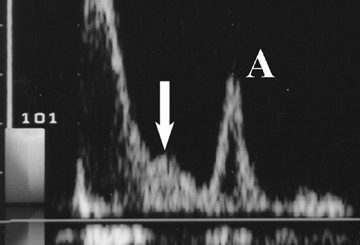Oncology MCQs -5
Contents
- 1 Familial adenomatous polyposis
- 2 Which of the following is hereditary nonpolyposis colon cancer
- 3 Gorlin–Goltz syndrome is an autosomal dominant inherited condition comprising the principle triad of all EXCEPT
- 4 Cowden syndrome is associated with an increased risk of
- 5 Cowden syndrome also known as
- 6 All of the following are true about Familial adenomatous polyposis Except
- 7 Cowden syndrome is associated with an increased risk of which type of thyroid cancer?
- 8 All of the following are conditions known as PTEN-related diseases Except
Familial adenomatous polyposis
A. X-linked dominant
B. Autosomal dominant
C. Autosomal recessive
D. X-linked recessive
Which of the following is hereditary nonpolyposis colon cancer
A. Cowden syndrome
B. Gorlin syndrome
C. Lynch’s syndrome
D. Bloom syndrome
Gorlin–Goltz syndrome is an autosomal dominant inherited condition comprising the principle triad of all EXCEPT
A. Basal cell carcinomas
B. Multiple jaw keratocysts
C. Skeletal anomalies
D. Polyposis colon
Cowden syndrome is associated with an increased risk of
A. Colon cancer
B. Hepatocellular carcinoma
C. Breast cancer
D. Bladder cancer
Cowden syndrome also known as
A. Werner syndrome
B. Multiple hamartoma syndrome
C. Rothmund–Thomson syndrome
D. Dyskeratosis congenita
All of the following are true about Familial adenomatous polyposis Except
A. Mutation at the APC gene on chromosome 5
B. APC gene is a tumor suppressor gene
C. Genetic testing is necessary If > 100 adenomatous polyps are present on a single colonoscopy
D. Family members of patients without an identified mutation should still undergo the same surveillance as those with a detectable mutation
Cowden syndrome is associated with an increased risk of which type of thyroid cancer?
A. Papillary thyroid cancer
B. Follicular thyroid cancer
C. Hurthle cell cancer
D. Medullary thyroid cancer
A. Bannayan-Riley-Ruvalcaba syndrome
B. Cowden syndrome
C. Lhermitte-Duclos disease
D. Bloom syndrome





